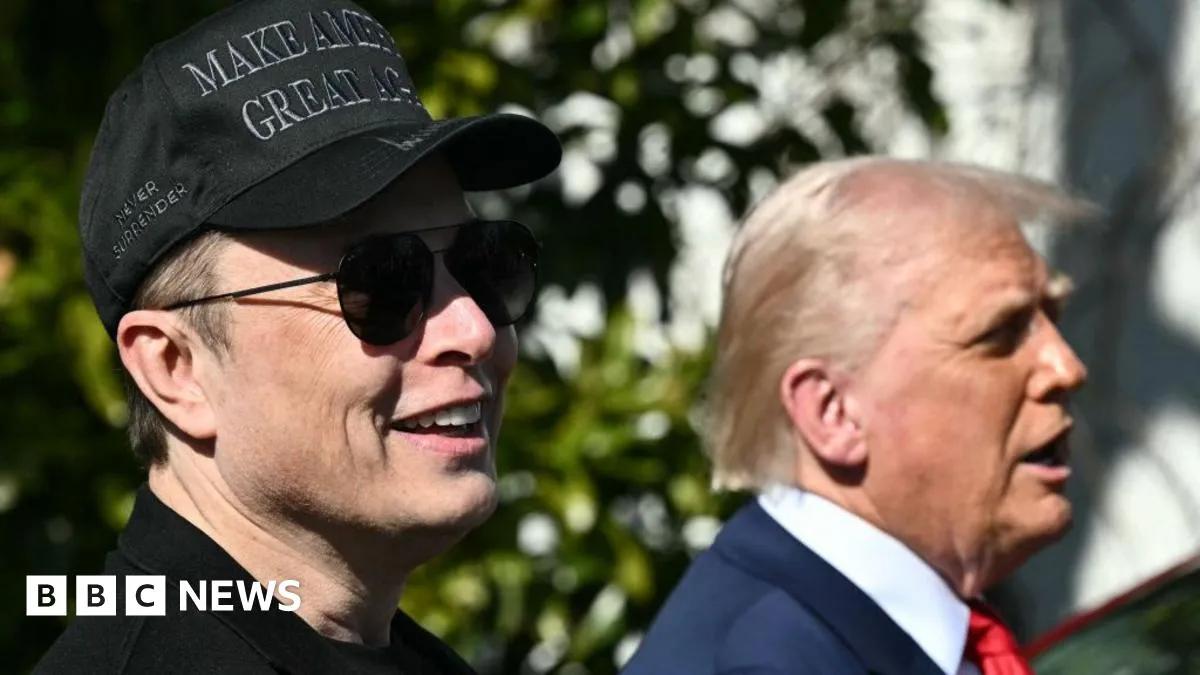
As Elon Musk concludes his brief tenure in the Trump administration, lasting a tumultuous 129 days, his influence on federal policy and spending has sparked significant debate. The world's richest individual took a bold approach to government expenditure, igniting controversy and discussions about the intersection of business and politics.
Musk's time in government, though short, was marked by aggressive measures aimed at reducing government spending. Critics and supporters alike have noted that his strategies led to the elimination of approximately 260,000 jobs from the federal workforce. Observers suggest that Musk's initiatives have nudged the White House toward a more pronounced America First stance, while also ushering in a wave of misinformation that impacted the Oval Office's decision-making processes.
Central to Musk's influence has been his advocacy for Doge, a cryptocurrency that gained significant traction during his administration. The introduction of Doge into federal conversations not only disrupted traditional economic norms but also affected global perceptions of the U.S. government. However, despite ambitious initial goals to save two trillion dollars—nearly a third of discretionary federal spending—current estimates indicate that actual savings amount to only $175 billion, less than ten percent of the original target.
As Musk prepares to depart, a farewell news conference is anticipated, signifying potential residual support from President Trump. The two are expected to discuss the fiscal achievements during Musk's time, despite evident disagreements over the proposed budget bill, which Musk has criticized for potentially increasing government spending instead of reducing it. Observers are keenly interested in the figures Musk and Trump will present concerning federal savings.
Musk's departure is also clouded by personal controversies, including reports of his use of prescription drugs like Ketamine. This aspect of his life may draw questions during his final address, adding a layer of complexity to his already polarizing presence in the administration. White House Chief of Staff Stephen Miller recently commented on drug issues, emphasizing a focus on border control rather than Musk’s personal choices.
Today marks the end of Musk's designated role as a special government employee, which permitted him to engage in federal duties for 130 days. His promise to cut waste and spending remains a topic of discussion as analysts evaluate his effectiveness. As the White House prepares for Musk's last official remarks, the political landscape continues to shift, leaving many to wonder about the long-term effects of his brief but impactful time in the administration.
Stay tuned for live updates from the Oval Office as we provide coverage of Musk's farewell and the subsequent analysis from our correspondents.